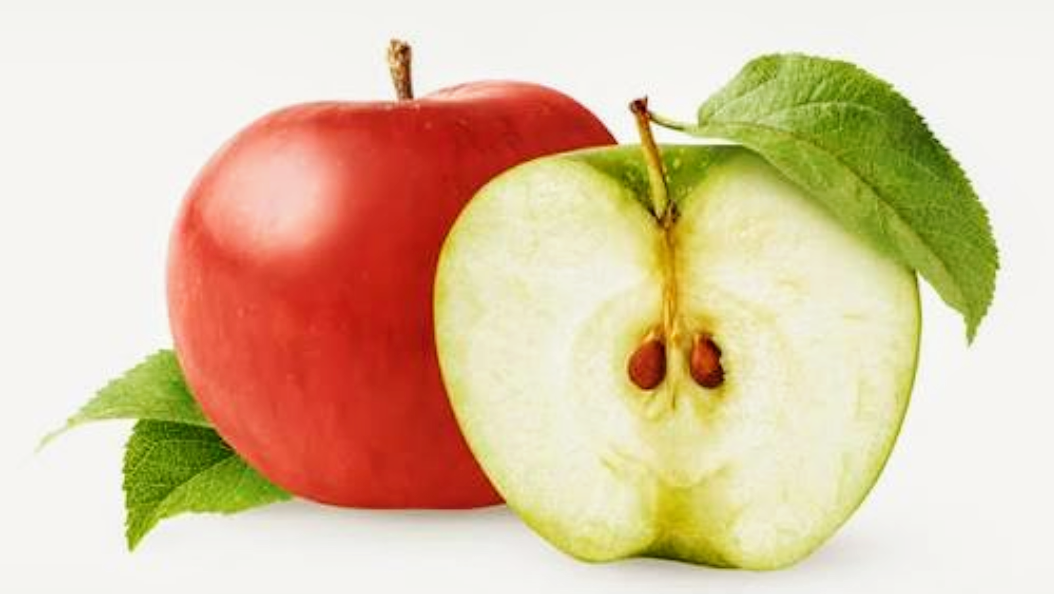Kidneys or the filter system of our human body, are a pair of organs that filter blood and remove wastes and other fluids not required by the body.
Generally, kidney diseases are silent and progressive in nature. In most cases, before the person gets any symptoms, it is perhaps too late for its cure. Longstanding or recurrent kidney problems may also lead to its failure. However, this could vary from person to person and depends on the severity of the disease.
What is Chronic kidney disease (CKD)?
Chronic (meaning persisting for a long time or constantly recurring) disease of the kidney. It refers to all 5 stages of kidney damage i.e. from very mild damage(Stage 1) to complete renal(kidney) failure (Stage 5). In less complicated words, CKD is a condition characterized by a gradual loss of kidney function over a period of time. Time may vary from a few months to years.

Deranged renal parameters (blood urea and creatinine) for more than 3 months could be vital in detecting existing kidney diseases. This damage can cause waste products to build up in the body thus showing specific symptoms and signs.
SIGNS AND SYMPTOMS-
Symptoms develop slowly and aren’t always specific to the disease. Some people may be symptomless or may experience mild common symptoms like fatigue, headache, dark color urine, general muscle or body aches, loss of appetite etc.

Other common symptoms –
• Abnormal heartbeats
• Fluid in lungs
• Itching
• Severe unintentional weight loss
• Swelling in the abdomen or another body part like the ankle or feet.
• Insufficient urine production
• Breathing difficulty
• Muscle cramps
• Generalised weakness and fatigue
• Nausea and vomiting etc.
STAGES OF CKD –
Stages are based on the functional capacity or the level of kidneys in filtering out the wastes and extra fluid from the body.
In the early stages, kidneys are able to filter out waste however as the stage advances this function is compromised because kidneys have to work harder (putting a load on their functional units) and may eventually stop functioning resulting in its failure.
Stages are divided on the basis of the estimated glomerular filtration rate(eGFR). It basically tells you how efficiently your kidneys are working.

Normal GFR is around 90-120 mL/min.
Note– GFR decreases with age and hence may be lower in older populations.
RISK FACTORS FOR KIDNEY DISEASE?

Diabetes – It is blamed and is a proven #1 cause of kidney disease.
Hypertension (high blood pressure)- although #2 cause of kidney failure, hypertension can be a symptom of kidney diseases or can be a cause of it.
Family history
Age- Being over 60 years of age increases your risk for kidney disease. Renal function decreases with age in both men and women.
Other causes –
• Polycystic kidney disease- an inherited disease with multiple cysts in kidneys and some other organs.
• Glomerulonephritis- Inflammation of the glomerulus (the part that filters the blood)
• Kidney cancers
• Acute kidney injury
• Autoimmune diseases such as lupus etc.
An uncontrolled diabetic and/or hypertensive patient can easily and quickly progress to end-stage kidney disease. Also, exposure to heavy metals, excessive alcohol consumption, obesity, smoking, and the use of analgesic medications also constitute risks.
SCREENING-
Determination of blood serum creatinine levels and urinalysis in patients with a risk of chronic kidney disease will usually be sufficient for initial screening.
TREATMENTS –

• Medications help to manage the symptoms but in the later stages, dialysis (kidney filtering machine treatment) may be used on a regular basis to filter the blood.
• There are two treatment types for chronic kidney failure.
a) Dialysis- Dialysis is an artificial process that uses a special fluid containing a mixture of pure water and chemicals to filter out wastes, extra water, and salts from the blood. It helps in maintaining fluid, and the body’s electrolytes and controls blood pressure.
b) Kidney transplant – It is required when you’ve end-stage kidney disease. A healthy kidney from a donor is transplanted inside the body to work. Although most transplants are successful and last for many years, it depends on person to person on how long they can last.
DIET THERAPY –
Diet plays an important role in the management of kidney diseases apart from medical management.
According to the blood parameters, stage, or type of condition of the person, the diet therapy is indicated by a clinical dietitian. Hence, it is important to consult and focus on eating the right diet individualized by your dietitian when you are diagnosed with any kidney disease.
Diet management in chronic kidney disease depends on the stage and extent of the disease, blood values, and general condition of the person. Therefore, it is not possible to comment and give general guidelines for the same here in this blog.
*6 SIMPLE TIPS TO PREVENT CHRONIC KIDNEY DISEASE –
- If you’ve diabetes or hypertension, keep that in check and control it.
- Maintain a healthy body weight.
- Avoid eating excess salted and packed foods.
- Exercise regularly for at least 30 minutes a day.
- Avoid alcohol consumption and smoking.
- Regular doctor visits are recommended.
*Note– the above tips are for a healthy population and not for people already having kidney problems.
Remember to take care of your two precious Kidneys….while you are still able to!







